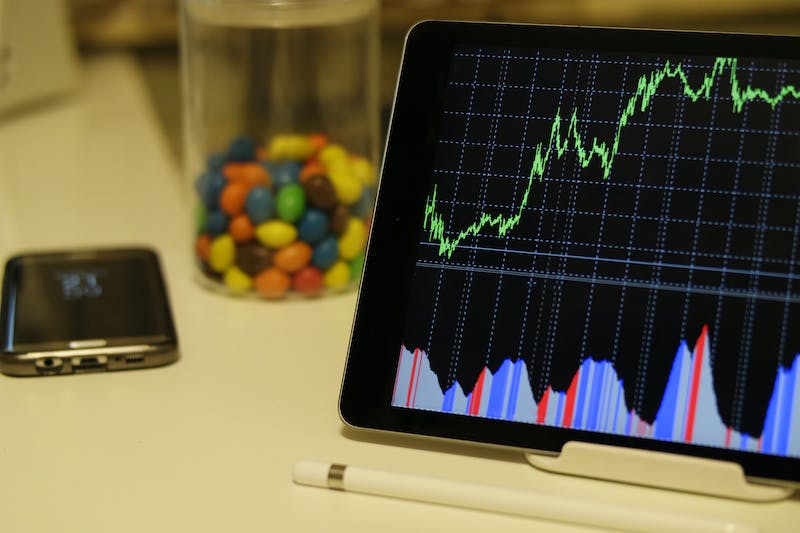What is Hang Seng Index futures?
The Hang Seng Index is a stock market index that represents the performance of the largest companies listed on the Hong Kong Stock Exchange (HKEX). Hang Seng Index futures are derivative contracts that allow investors to speculate on the future movements of the Hang Seng Index.
Hang Seng Index futures contracts are standardized agreements to buy or sell the Hang Seng Index at a predetermined price on a future date. They provide investors with an opportunity to gain exposure to the performance of the Hang Seng Index without actually owning the underlying stocks. Investors can take long (buy) or short (sell) positions on the futures contracts, depending on their market outlook.
The values of Hang Seng Index
The value of Hang Seng Index futures is directly linked to the performance of the underlying Hang Seng Index. If the index goes up, the value of the futures contracts increases, allowing investors to profit from their long positions. Conversely, if the index goes down, the value of the futures contracts decreases, benefiting investors with short positions.
It’s important to note that predicting the future movements of stock market indexes or futures contracts is highly speculative and influenced by numerous factors, including economic indicators, geopolitical events, company performance, and investor sentiment. Traders and investors often employ various analytical tools, such as technical analysis and fundamental analysis, to make informed decisions about trading futures contracts, but there is always an inherent level of risk involved in any investment or trading activity.
Hang Seng Index futures
Here are some key points to know about Hang Seng Index futures:
- Exchange: Hang Seng Index futures are traded on the Hong Kong Futures Exchange (HKFE), a subsidiary of Hong Kong Exchanges and Clearing Limited (HKEX). The HKEX is one of the leading exchanges in Asia and offers a range of derivative products, including futures contracts.
- Contract Specifications: Hang Seng Index futures contracts have specific contract specifications, including contract size, maturity dates, tick sizes, and trading hours. The contract size represents the value of the underlying index, and the tick size indicates the minimum price movement.
- Margin and Leverage: Trading Hang Seng Index futures typically requires margin, which is a percentage of the contract value that traders need to deposit as collateral. The leverage provided by futures contracts allows traders to control a larger value of the underlying index with a smaller initial investment. However, leverage amplifies both potential gains and losses.
- Long and Short Positions: Traders can take either a long position (buying) or a short position (selling) on Hang Seng Index futures. A long position benefits from a rising index, as the futures contract value increases. Conversely, a short position profits when the index decreases, as the futures contract value declines.
- Hedging and Speculation: Hang Seng Index futures serve both hedging and speculative purposes. Investors can use futures contracts to hedge their existing stock portfolios against potential market downturns. By taking an opposite position in futures, they can offset losses in the cash market. Speculators, on the other hand, aim to profit from short-term price movements by taking speculative positions in the futures market.
- Settlement: Hang Seng Index futures contracts typically settle in cash. Upon expiration, the settlement price is determined based on the closing level of the Hang Seng Index. Profit or loss is then calculated based on the difference between the contract price and the settlement price, multiplied by the contract size.
- Market Influences: The Hang Seng Index is influenced by a variety of factors, including corporate earnings, economic data, interest rates, geopolitical events, and global market trends. These factors, along with market sentiment, can impact the value of Hang Seng Index futures.
It’s important to note that trading futures involves risks, and it requires knowledge, experience, and careful consideration of one’s risk tolerance. Traders should thoroughly understand the mechanics of futures trading and conduct proper risk management to protect their capital. Consulting with a financial advisor or derivatives specialist can provide additional guidance tailored to individual investment goals and risk profiles.
